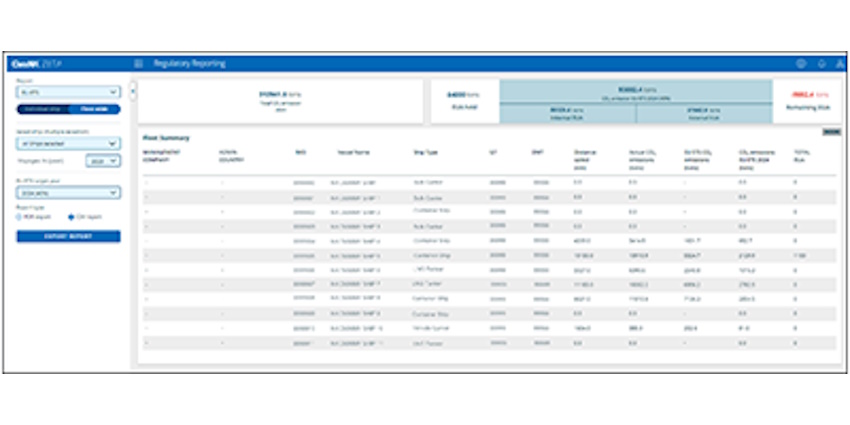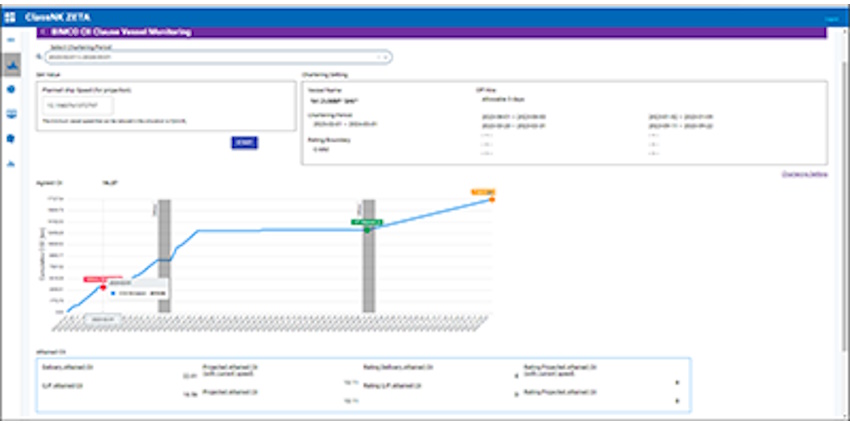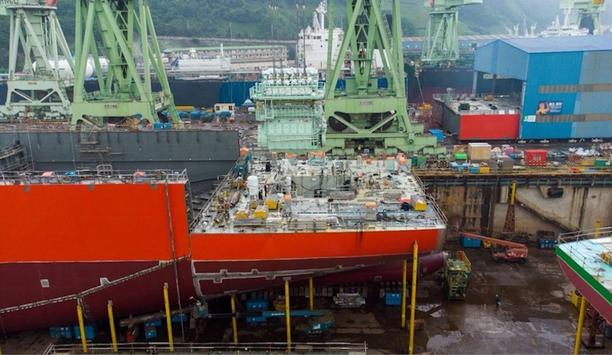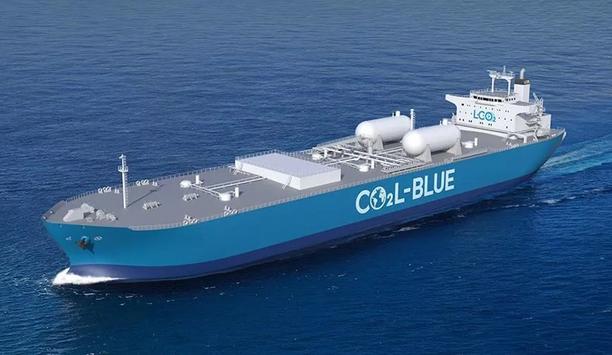ClassNK has released new features for its GHG Emissions Management Tool, 'ClassNK ZETA (Zero Emission Transition Accelerator)'. ClassNK ZETA is a tool for visualising GHG emissions and CII ratings of ships. and is used for over 5,000 ships.
Based on data submitted to 'ClassNK MRV Portal', a system for fuel consumption reporting in compliance with regulations, such as IMO-DCS and EU-MRV, ClassNK ZETA provides accurate current status and simulation for reducing GHG emissions from ships and supports the response to various emission reduction requirements.
Two new features
The following two features are newly released this time:
- EU-ETS Management: This feature displays GHG emissions for the entire fleet and individual ships, which are subject to the EU-ETS, and manages the emission allowances held by the company. It visualises the emissions under the EU-ETS, enabling consideration of necessary measures such as purchasing emission allowances.

- BIMCO CII Clause Vessel Monitoring: In relation to the CII rating target agreed between a shipowner and a charterer based on BIMCO's CII operations clauses for time charter parties, this feature allows real-time monitoring of attained CII and simulates changes by ship speed. It is useful for planning operations to achieve the agreed CII rating target.

Further, ClassNK plans to add functions for preparation for the FuelEU Maritime regulation, which will be introduced for EU-related voyages from 2025. ClassNK will continue to strive to enhance tools to support GHG emissions management such as ClassNK ZETA.










